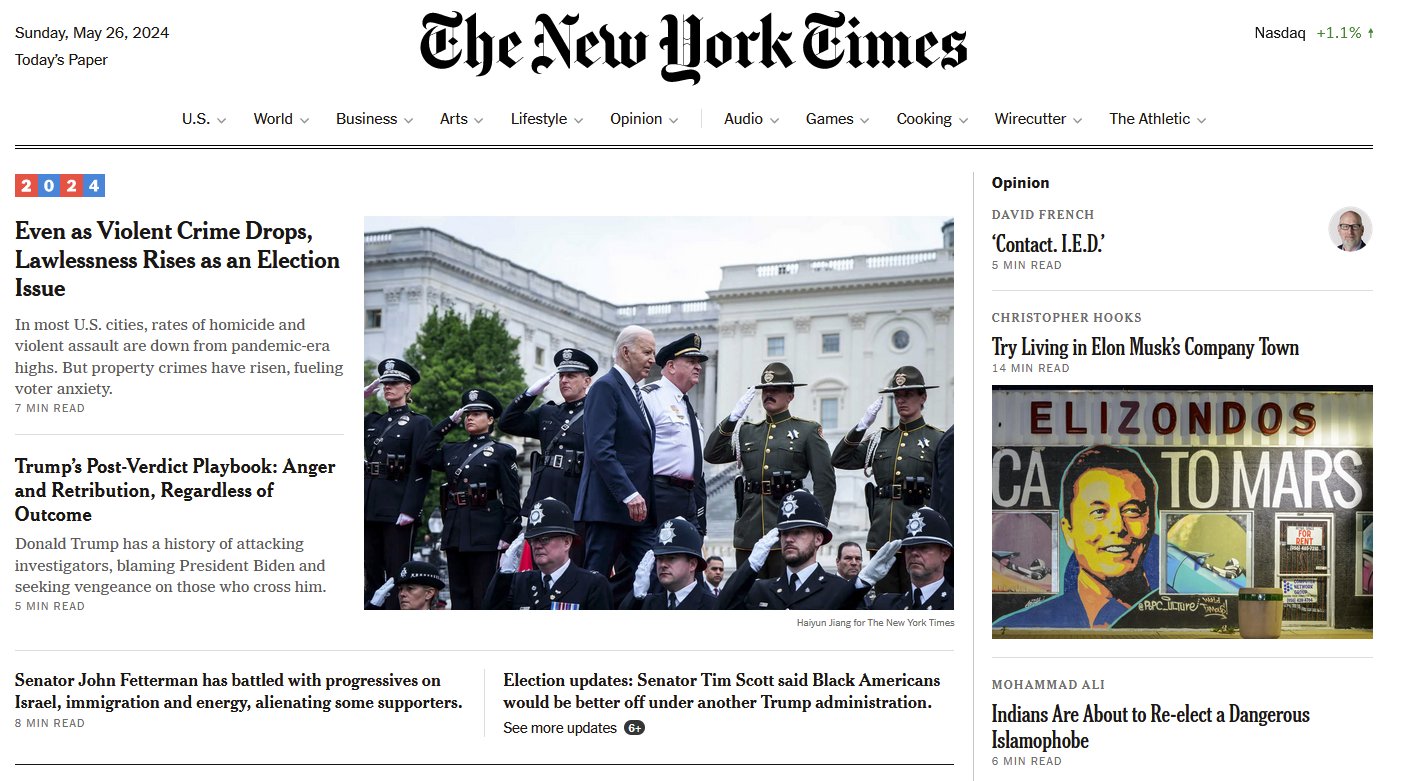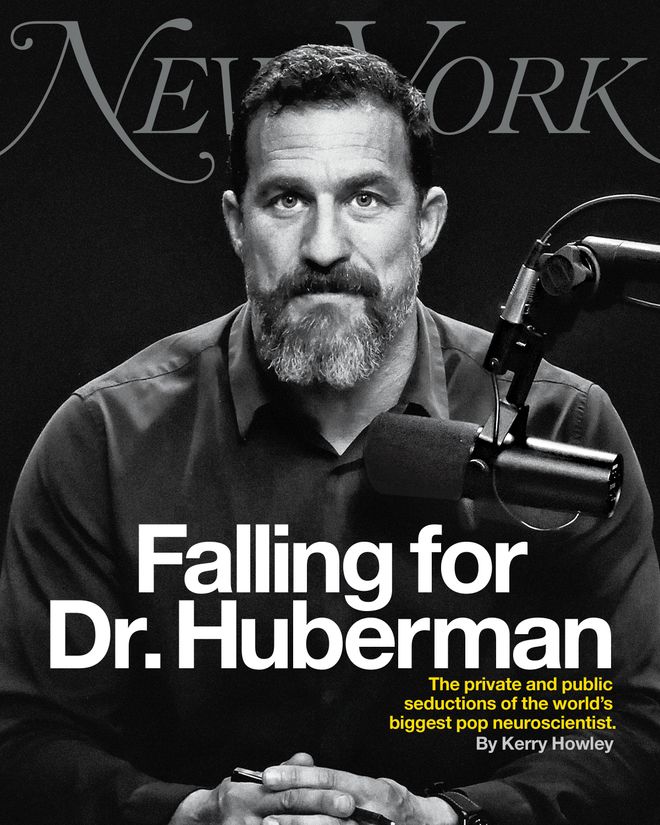Why are things going to get so ugly?
1. The inverse relationship of information and certainty, squared. As a general rule, the more uncertain the situation, the greater the demand for reliable information. In the case of big, black swan events, the incentives for journalists not just to speculate, but to speculate wish an air of assurance can be irresistible. Analysts and pundits who were already way too confident before Thursday are about to try to convince you that they are the Oracle of freaking Delphi.
2. We are about to see a wave of thrown-together crappy polls. Part of this will be due to demand, part of this will be due to interested parties trying to grab the reins of the narrative, all of this will lead to noise and distraction.
3. The potential for selection effects is huge. Remember only a very small part of the population bothers to respond to polls. It doesn't take a lot to swap that signal, and we have every reason to believe that different segments of the public will be more or less likely to respond because of this news.
Back in 2012, we hypothesized that self-selection would tend to amplify the impact of good news and bad news through self-selection (a theory that has since been backed up by research*). This would presumably create a false surge for Biden caused by happy Democrats being more eager to talk to pollsters. On the other hand, we have both anger and cognitive dissonance on the right, which would presumably make Trump supporters more likely to pick up the phone either to vent or to convince themselves that their beliefs were not actually being shaken.
Add to that people who will be more eager to talk about something because it's big news and people who will be less likely to respond because they are getting burned out on the whole thing. How big will the selection effects be? How long will they last? How will they play out? I have no idea. And more importantly, neither does anyone you are about to read in the New York Times or see on CNN. Nobody knows.
4. A cannonball in the kiddie pool. Even if you could get a true picture of public opinion through the polls, it would still tell you virtually nothing. We can expect violent swings in the next few weeks, but we have absolutely no way of telling which are transitory and which are permanent. Which shifts will be followed by a backlash? Which moves will be permanent? Nobody knows.
5. Narrative preservation and the coming cherry picking epidemic. We are about to be swarmed by serious sounding journalists all insisting that they are channeling the data like a carny medium communing with the spirits. The trouble is, even more than normal, most of what you can get from the data over the next few weeks will be noise and contradiction. The only way to get a nice, clean, editor-friendly narrative at the moment is to ignore certain parts of the data while credulously accepting others. For example, expect to see I have lot of "this won't change anything" stories that unquestioningly repeat polls that say people are mainly concerned with inflation and the border (despite research suggesting these voter influence results aren't reliable) while dismissing or ignoring polls where Republican voters said that a conviction would make them less likely to vote for Donald Trump. Should we trust those latter polls? How the hell should I know? As I believe I've mentioned earlier, nobody knows.
How should you deal with this?
Here's my advice. It may sound a bit radical at first, but it's really not. Just go cold turkey in June. Unless you have some professional reason for needing to follow the polls and the resulting political commentary, don't. There will be vanishingly little real information in those articles you skip and distinguishing between the worthwhile and the worthless will be next to impossible. Reading these pieces will waste your time, possibly raise your blood pressure, and may well leave you more misinformed than you started. Spend the month reading other things (If you enjoyed Gone Girl, I recommend A Kiss Before Dying).
You'll have plenty of time to catch up with the polls in July. You might even find yourself wishing you'd taken even more time off.
*
Jesus
Christ. Back in 2012, you completely anticipated the main result of
our Mythical Swing Voter paper, which is based on data we collected in
2012, analyzed in 2013, wrote up in 2014, and published in 2016, and
which other people picked up on in time for the 2016 campaign.
I probably even read your post when it came out, but I didn't get the point.
There's something wrong with the world that your blog doesn't have a million readers.




